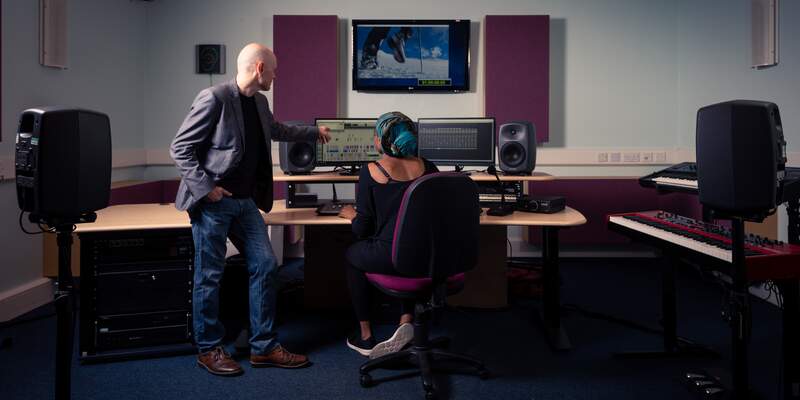
Personal supervision for taught students
Personal supervisor advice and guidance
This resource guide is intended to support personal supervisors in meeting requirements of the University Policy on Personal Supervision for Taught Students and manage expectations as to role limits.
Additional and detailed guidance relating to all aspects of student wellbeing that may go beyond the personal supervision remit can be found in other staff supporting students web pages.
Supporting institutional priorities
Policy and guidance for personal supervision aims to support particular outcomes as follows:
- Consistency - providing consistent approaches to personal supervision will improve student satisfaction and reduce staff workload by ensuring students are directed to appropriate specialised support and expectations are managed.
- Inclusivity - personal supervisors can support inclusivity by providing a single point of contact for students throughout their course, ensuring support for academic progression is timely and appropriate.
- Continuation, completion and awarding gaps - the personal supervisor role should be oriented towards ensuring all students achieve their academic potential, adopting an approach that is personalised and informed by an understanding of students’ prior learning and individual goals.
- Understanding the student journey - the personal supervisor role plays an important part in responding to the student journey over the whole period of study. They can assist students initially to adjust to student life, then thrive as a student of the University by providing guidance, support and encouragement by being aware of different challenges students face at different stages.




